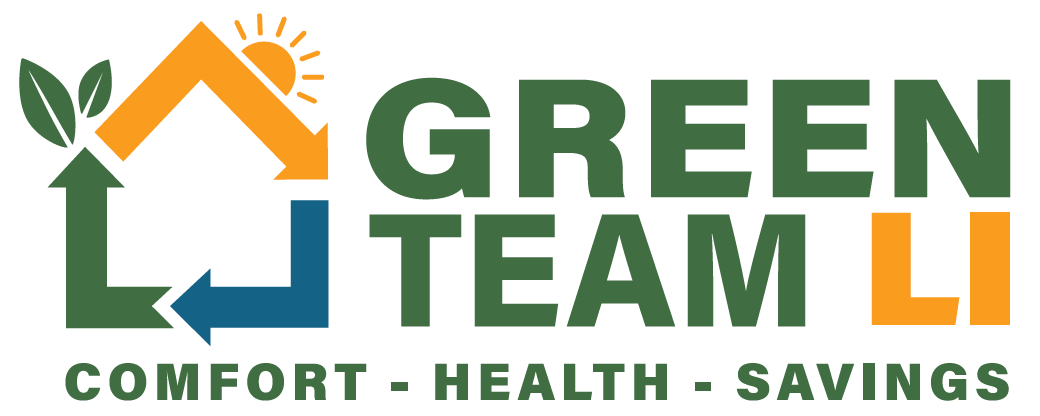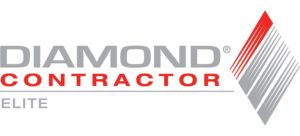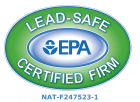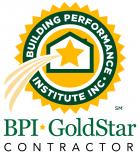What do you think of when you hear the phrase “save energy”? If you’re like many homeowners, you might think about your programmable thermostat, your recent switch to LED light bulbs, or your commitment to turning the lights off when you leave a room.
There are all great ways to save energy, but did you know there are additional, even more effective ways to conserve the energy you use in your home? If you really want to make an impact on your energy bills this winter, consider these three tips.
Pinpoint inefficiencies with an energy audit.
Saving more energy starts with making your home more energy efficient. And if you want to make your home more energy efficient, a great place to start is with a home energy audit.
A home energy audit is an in-depth assessment of your home and its systems. Through diagnostic testing such as a blower door test and infrared thermal imaging, a home performance expert will uncover areas where your home is wasting energy — such as air leaks or gaps in insulation. Then, they’ll create a detailed audit report which outlines targeted improvements you can make to improve energy efficiency and comfort.
Air seal and insulate to keep valuable heat in.
Air sealing and insulation are two of the most common upgrades we recommend to homeowners. That’s because many houses here on Long Island have air leaks which let air travel freely into and out of the home, as well as insulation gaps which let valuable heat escape.
Air sealing closes up holes and cracks which allow heat to escape into the attic and cold drafts to enter lower areas of the house. Adding new insulation in under-insulated areas, meanwhile, improves your home’s ability to retain heat. Together, these upgrades keep your home warmer in the winter and reduce the need to run your heating system, thus saving energy.
Improve heating efficiency with maintenance.
Did you know that just like your car, your heating system needs regular maintenance to run as efficiently as possible? By scheduling annual tune-ups for your furnace or boiler, you’ll optimize your system to run at peak performance, and potentially even lower those energy bills.
Other HVAC upgrades can help you cut your energy usage as well, such as sealing your ductwork, converting your system from oil to natural gas, or upgrading to a high efficiency heating system.












